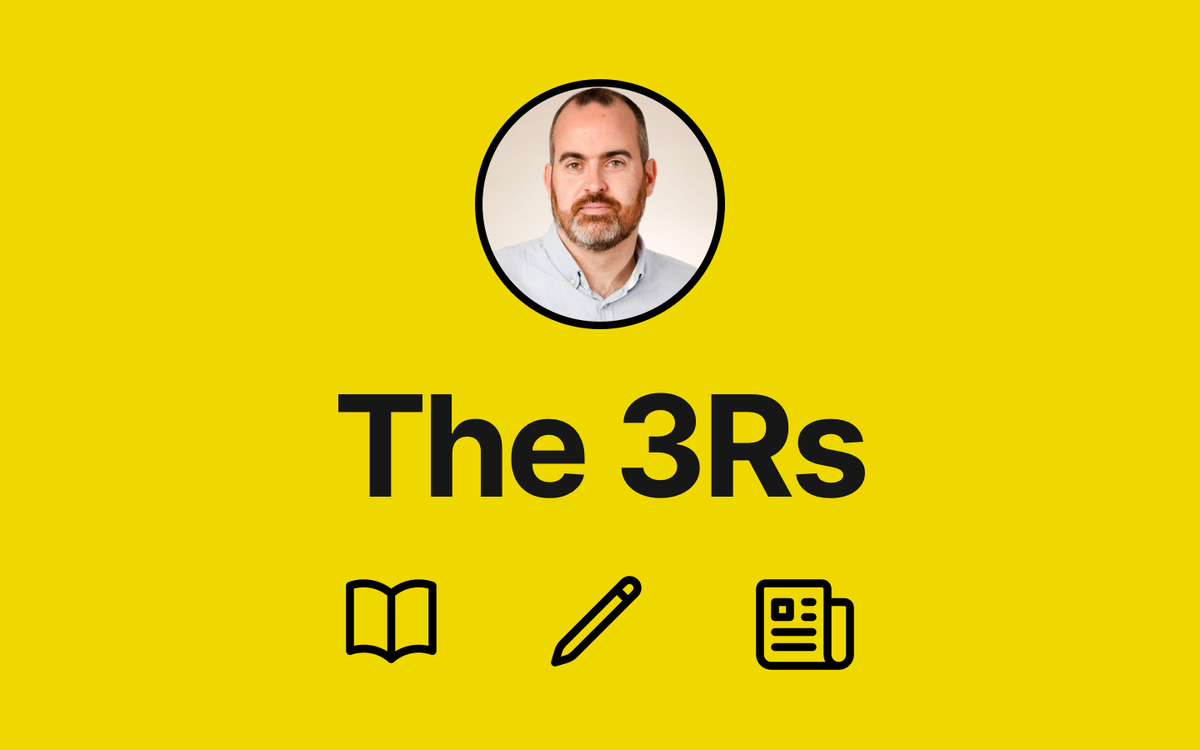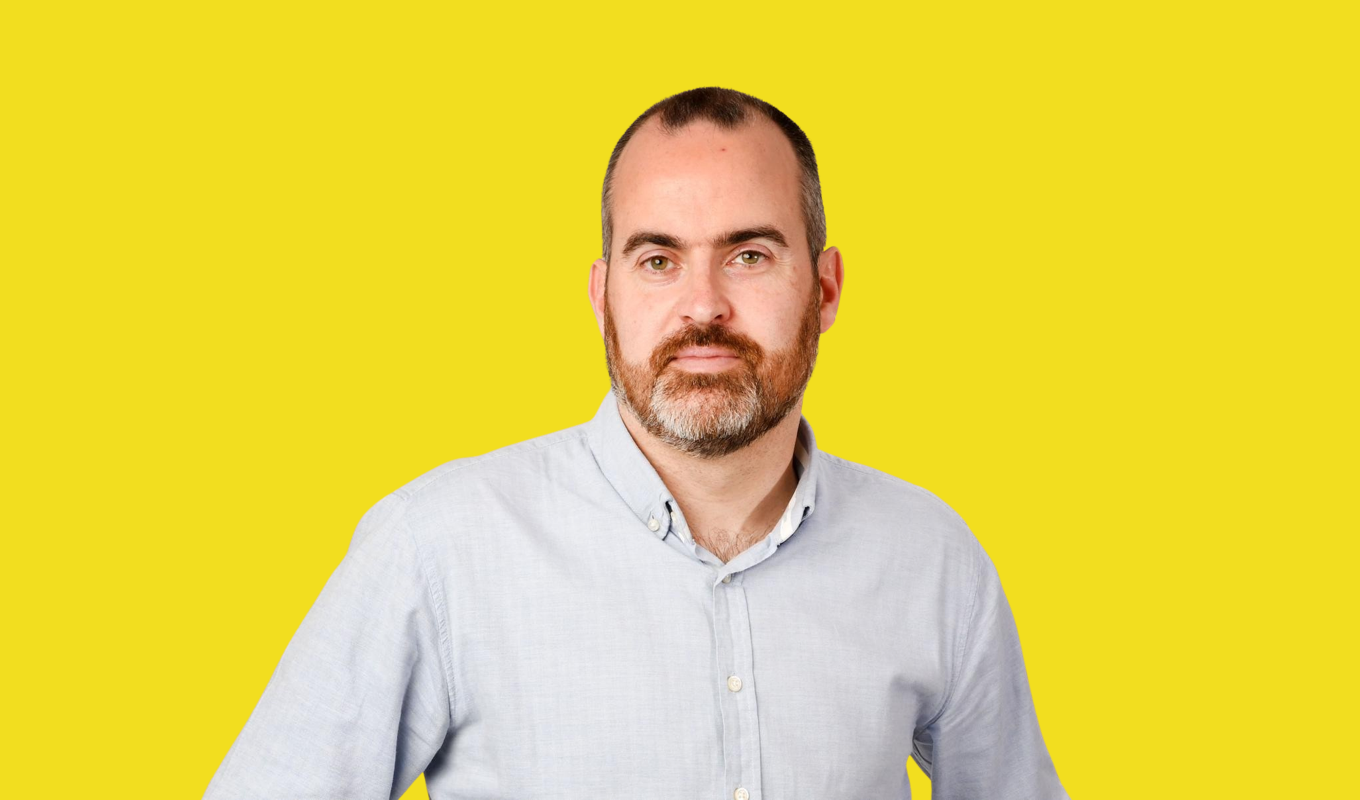




Every teacher can be sure of cyclical change. Governments come and go and the national curriculum and assessment shifts along with them. Teacher professional development trends come and go too. We are left asking: what trends for teacher professional development will emerge? Whether forms like instructional coaching will last the


We are in an age of communication. We are connected more than ever before: with the ability to talk to friends and family across the world in an instant. You can publish your unfettered views on X, you can talk about and share your best life on Instagram, or create

Every maths teacher recognises the language of their subject is unique. Each teacher of history recognises that they teach pupils reading and writing moves that are different to maths teachers. Primary school teachers must teach the shifting language of subjects and topics from different corners of the curriculum on a


Teaching is brilliantly complex, endlessly challenging, and potentially the most rewarding of the professions. No two lessons are the same. No two classes are the same. This diversity and complexity demands an expertise from teachers that is too often underestimated. Teachers need to constantly anticipate, act and adapt. There is


Do your pupils have a problem with 'writing stamina'? The teachers and leaders I work with routinely describe the problem of pupils lacking writing stamina as a vital issue they want to address. But what is writing stamina anyway? I find it is typically a catch-all for a

Dyslexia is one of most common special needs that impacts learners in schools. It is an issue, and a label, that is well known, but probably less well understood. So, why are we misreading dyslexia and what can we do about it? This crucial issue with reading words on the


What is the connection between the following words: Coiffured, dowerless, sepulchre, docilely, spasmodically, ardour, lament, apoplectic, prostrate, care-worn, apoplectic, urchin, munificence, and extemporise. Sound familiar? Probably not. They certainly aren’t familiar to most pupils who first encounter them in GCSE English Literature texts (drawn from the 32 choice texts


Alex Quigley (The Confident Teacher) is a blog by the author, Alex Quigley - @AlexJQuigley - sharing ideas and evidence about education, teaching and learning.
Copyright © 2024 Alex Quigley. Published with Ghost and Alex Quigley.